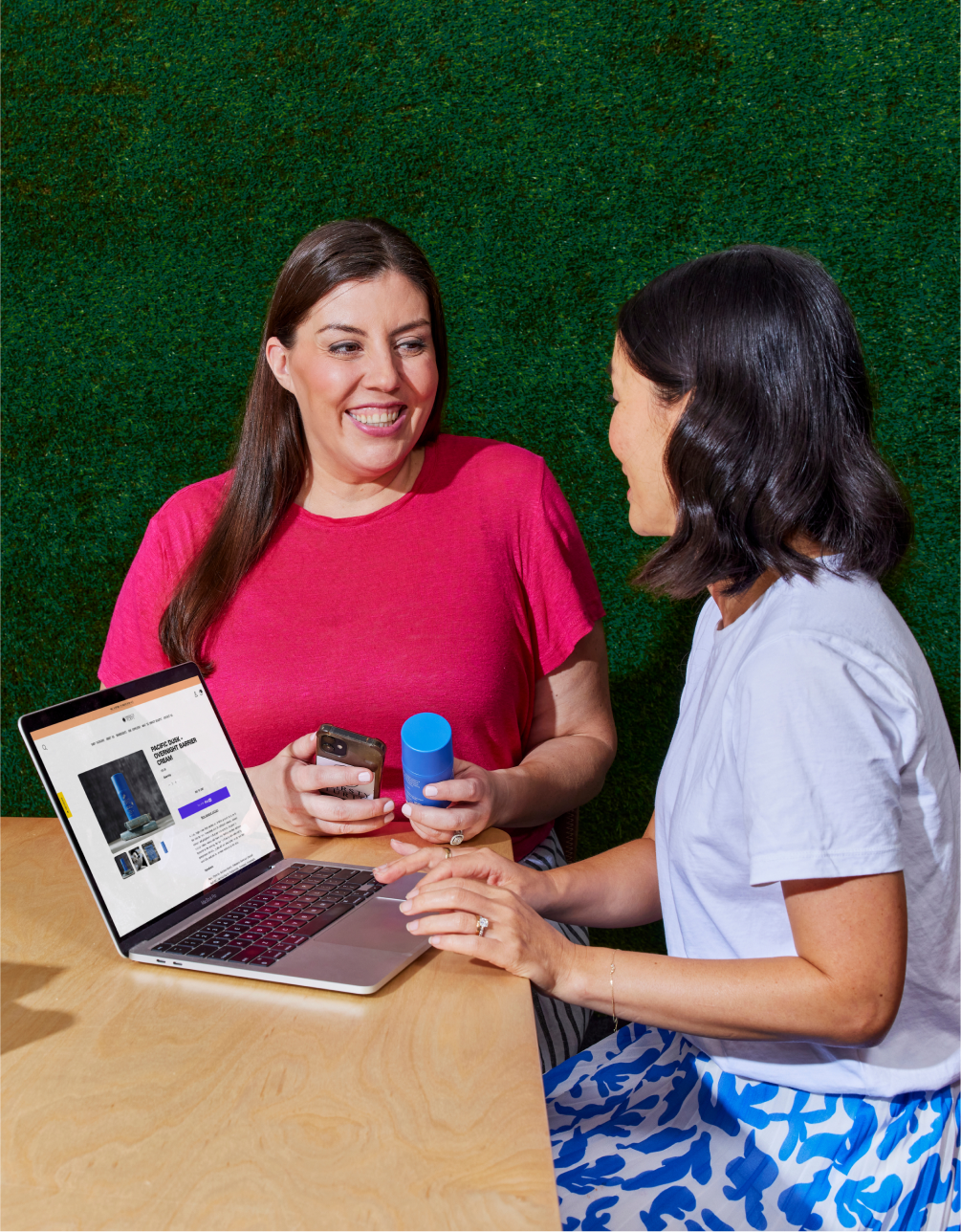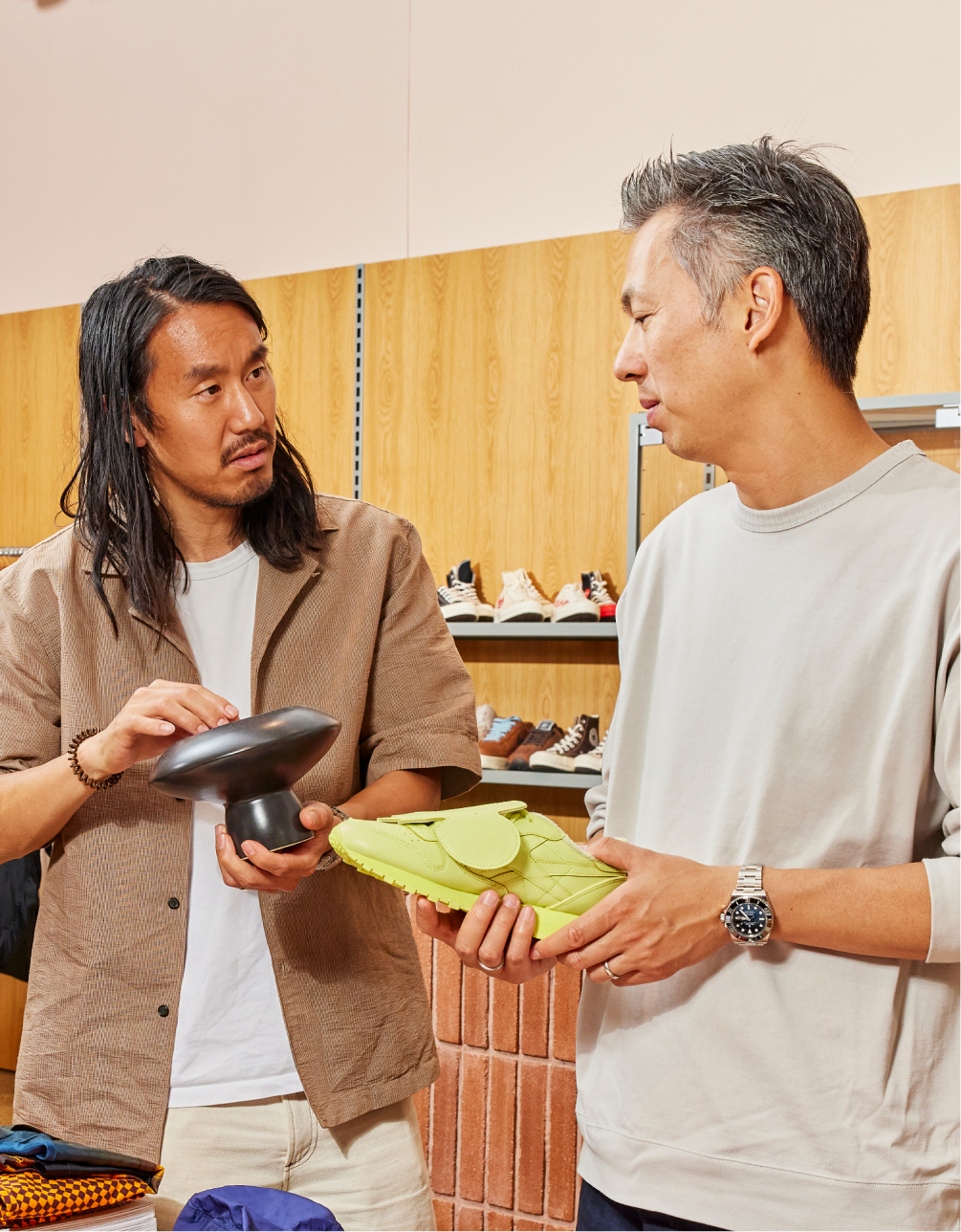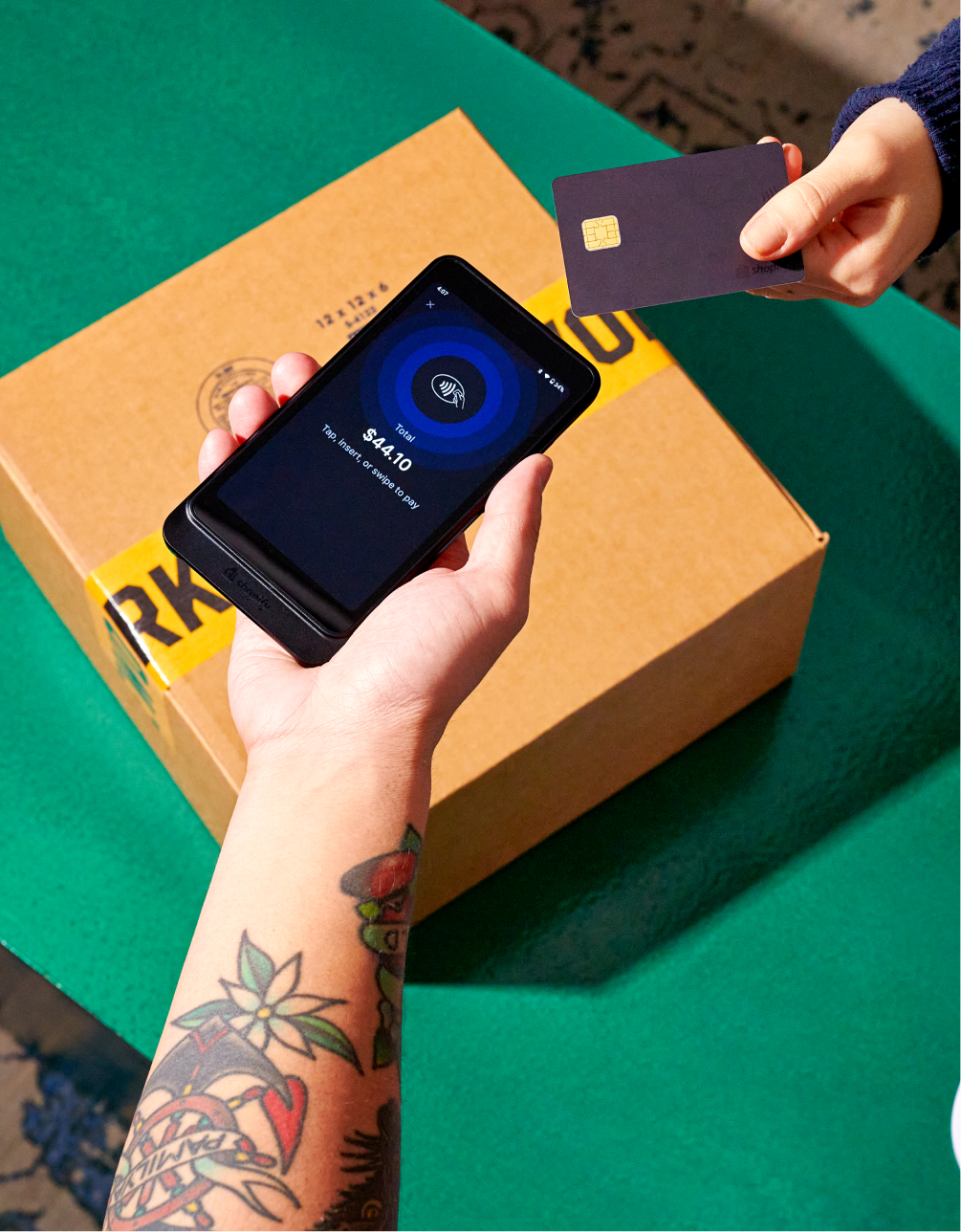It’s sacred ground to a mother …
We’re talking about a baby’s skin.
So then why might two men, without any children of their own, care so much about baby skin that they quit their lucrative jobs to focus on it full time?
“A baby’s skin is extremely delicate and not yet fully developed,” says Cam Miller. “Whatever you put on it needs to be really soft and breathable.”
This realization was had at a unique moment ...
When Miller and his friend Akin Onal became uncles recently, they went shopping for gifts to give their new nieces and nephews. Interestingly, it’s what they didn’t find that caused them to return without gifts but with a business idea.
“There just weren’t any high-quality baby essentials we felt comfortable buying for our nieces and nephews,” Miller recalls. “When you think about how long that fabric is going to be in contact with a baby’s skin you realize how important it is.”
Turns out that after talking to their brothers and sisters who had just become parents, Miller and Onal also discovered that the gifts new parents often receive aren’t what they need most: essentials like daytime and sleep time onesies. In Onal’s words:
That’s the gap we spotted in the market. Parents rarely get as gifts the high-quality baby wear essentials they need most.
So Miller and Okin — both of whom are successful engineers turned investment bankers — ditched their high paying city jobs for something much less certain; the idea that they might be able to make babies healthier and safer…
While simultaneously improving the world those babies will grow up in.
Bamboo for Bambinos
Because neither Miller nor Onal are parents …
They relied on a host of mothers for input when setting out to create the most comfortable, safest, and environmentally conscious baby wear essentials on the planet.
“We overcompensated because we don’t have children,” Onal says. “We certainly didn’t do this alone and we had mothers helping us out from day one.”
Case in point, the U.K. company Miller and Onal founded, MORI — which sells organic baby wear and newborn essentials — hired a mother to be its first employee and lead designer. Additionally, the company routinely conducts focus groups and surveys to ensure they’re providing parents with the highest quality tops, bottoms, sleepsuits, and sleeping bags.

What differentiates MORI is the fabric Miller and Onal created to serve as a foundation for all of the company’s products. Instead of mass producing products from low quality and unsustainable materials like Miller and Onal discovered when shopping for their nieces and nephews, the duo traveled the world in search of the perfect combination of materials.
What they created was a blend of bamboo and organic cotton manufactured with the help of Onal’s familial manufacturing connections in Turkey. “Babies spend the majority of their time in essentials,” Onal says. “They’re also asleep for the majority of that time so the fabric must be breathable to help regulate the baby’s temperature.”
Miller and Onal suggest the bamboo organic cotton blend keeps babies cooler in the summer and warmer in the winter:
MORI’s mission is to improve the health and sleep quality for babies all over the world. We want them to sleep happier tonight and have a bright future.
It’s a mission that appears to be coming to fruition …
Mothers credit MORI’s sleeping bag with comforting, nurturing, and helping babies that have historically struggled to sleep through the night to sleep peacefully.
Besides better sleep, MORI also wants babies to grow up in a better world. It’s another reason the company relies on bamboo, which is a grass Miller says yields 10x more than cotton but without using nearly as much water. Similarly, MORI products arrive in recycled paper and boxes.
“For some, minimalism is having less stuff,” Miller says. “For us, it's about making room for the things that matter, such as those intimate moments between parent and baby. It's also about living consciously and recognizing the environmental impact that comes with owning products that are no longer needed.”
However, MORI doesn’t limit its sustainability efforts to product or packaging…
“We want to grow sustainably,” Onal says. “The focus will always be on quality which is why we test and conduct focus groups before rolling out a new product.”
Staying true to this oath required what some in the business world would call sacrilege…
Hitting the brakes and slowing growth.
Half Your Sales Come From Who?
Imagine the raised brows Miller and Onal caused when they quit their jobs.
The two had just recently finished paying off their student loans when they decided to reboot their careers and start a business from scratch. But the research they had done regarding MORI’s bamboo-organic cotton blend impressed many; Miller and Onal were able to raise money before having their first product and found a home in a small business incubator office where they could narrowly focus on creating the perfect essentials.
“I’m optimistic and don’t regret quitting my job at all,” Onal says. “In a lot of ways it has been extremely rewarding but also stressful.”
Since soft launching in 2015, MORI has grown to a nineteen-person team now selling baby wear essentials in the U.K., Europe, and United States.
International expansion is why MORI upgraded to Shopify Plus, a commerce platform for high-volume merchants focused on growing quickly.
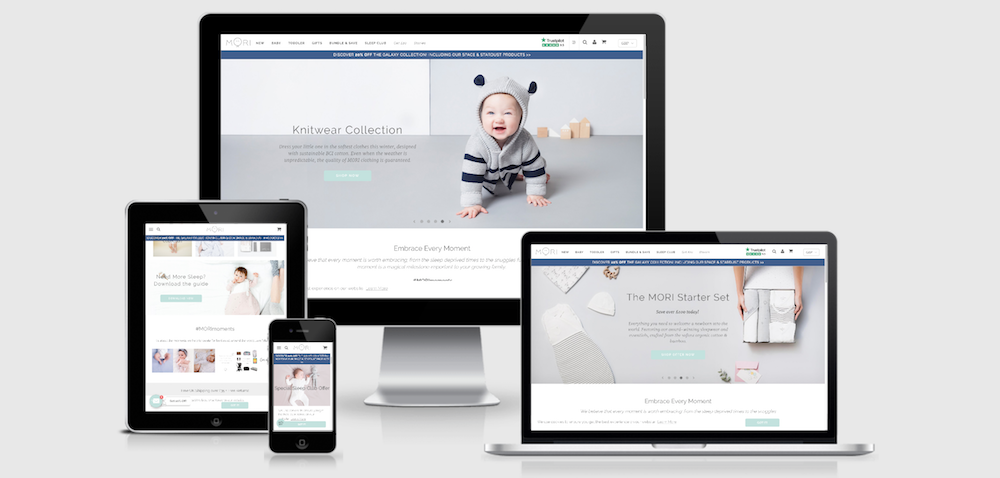
“The things I’ve enjoyed most are growing our team and developing a brand that helps others,” Miller says.
Since the start of 2016, MORI’s been growing nearly 30% month over month and offers the following highlights:
- Half of revenue comes from repeat customers and gifters
- Many mothers have made between 15-20 purchases
- 20% of sales are now generated outside the U.K.
We’ve been pleasantly surprised with Shopify Plus. It has been great for us and has allowed us to scale fast.
But MORI recently hit the brakes on that growth…
Remember, the company desires to grow sustainably. To maintain the highest quality, wrap and package baby wear essentials just right, and include handwritten notes to customers required a purposeful slowdown.
The issue?
Until recently, the company was fulfilling all orders itself because it simply couldn’t find a third party logistics firm it trusted. “We had to be sure our fulfillment partner could maintain the level of customer delight we require,” Miller says.

Recently, MORI found exactly what it was looking for; a logistics and fulfillment outfit that specializes in fulfilling orders for luxury brands. Today, MORI relies on the Shopify API to connect its store with its third-party logistics (3PL) for a seamless integration that allows Miller and Onal to monitor performance in real time.
Their luxury product-and-fulfillment mix is working.
MORI says just 1-2% of all orders are returned, which the company says is well below the industry average, and far below that seen in typical fashion businesses.
So then why is the company now asking mothers to send back their purchases?
Outgrowing MORI
Remember, MORI products are made to endure and be passed on...
But according to the company, only about half of all mothers in the U.K. actually pass along baby wear essentials after their child has outgrown them. Combine this with the fact that, according to the London Child Poverty Commission, 37% of all the babies in London live in poverty and it becomes clear that many are going without the essentials to which Miller and Onal have devoted their lives.
It’s why MORI recently launched The Kindness Project, an initiative that allows customers to donate MORI products their children have outgrown, so the company can give the garments to underprivileged babies. In return, donors get credit toward purchasing the next size for their babies.
Besides extending the life of baby wear products and reducing landfill waste, The Kindness Project is being praised by MORI mums:
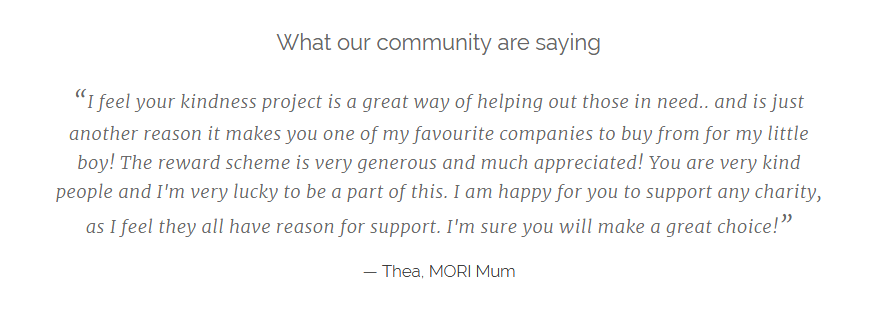
“The things we hear from MORI mums bring tears to our eyes,” Onal says.
It’s proof you don’t have to have children … to take care of them.
